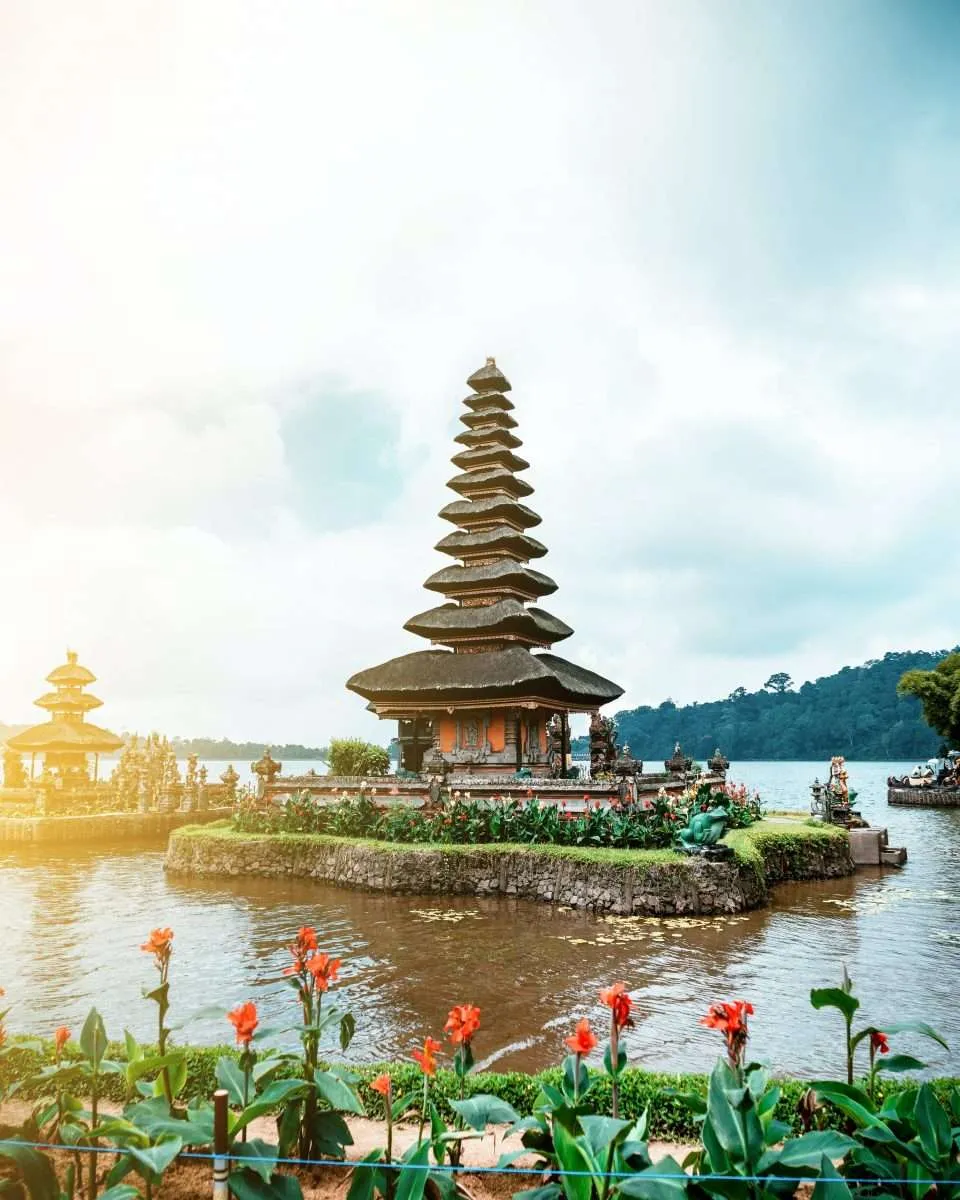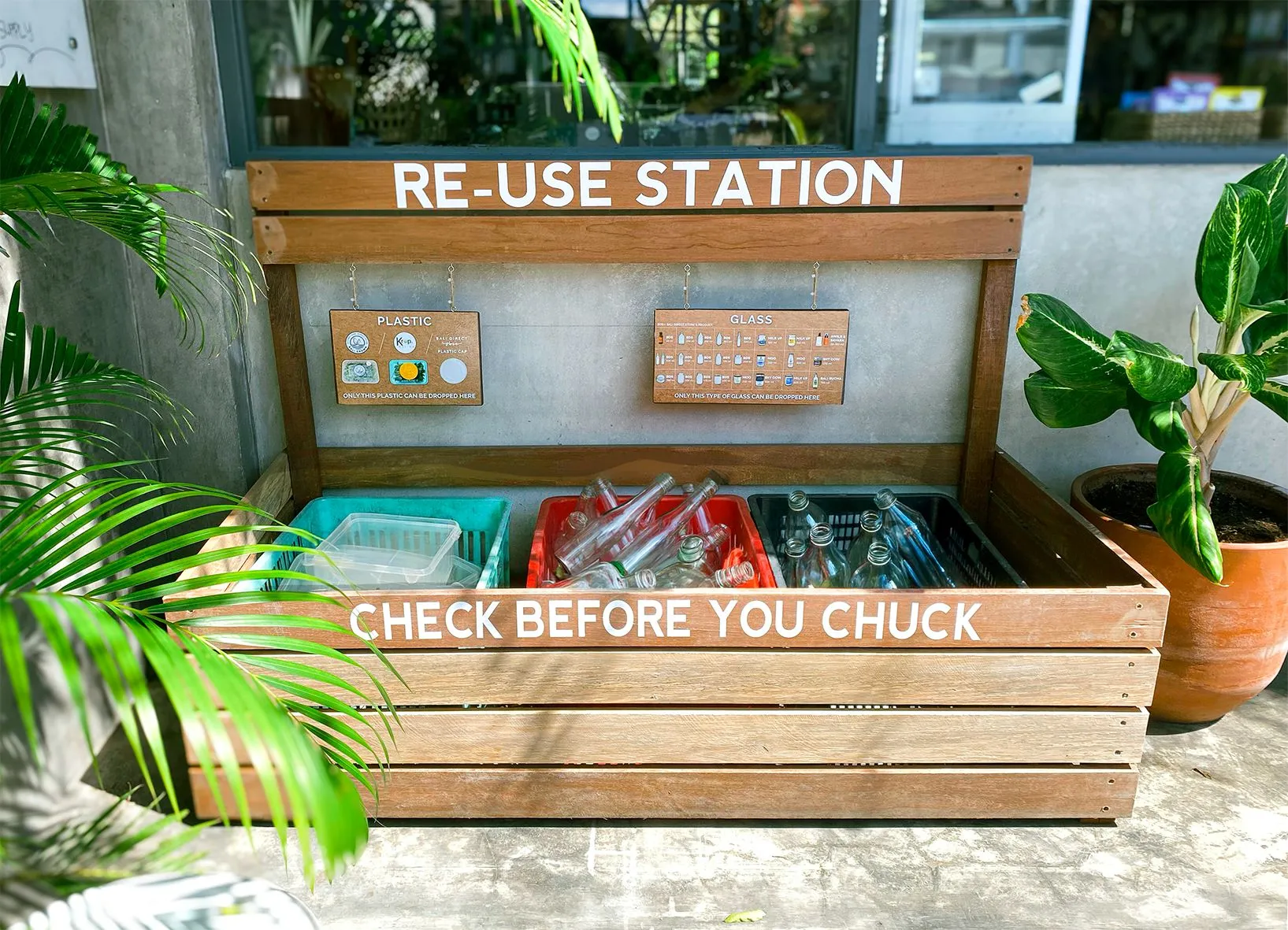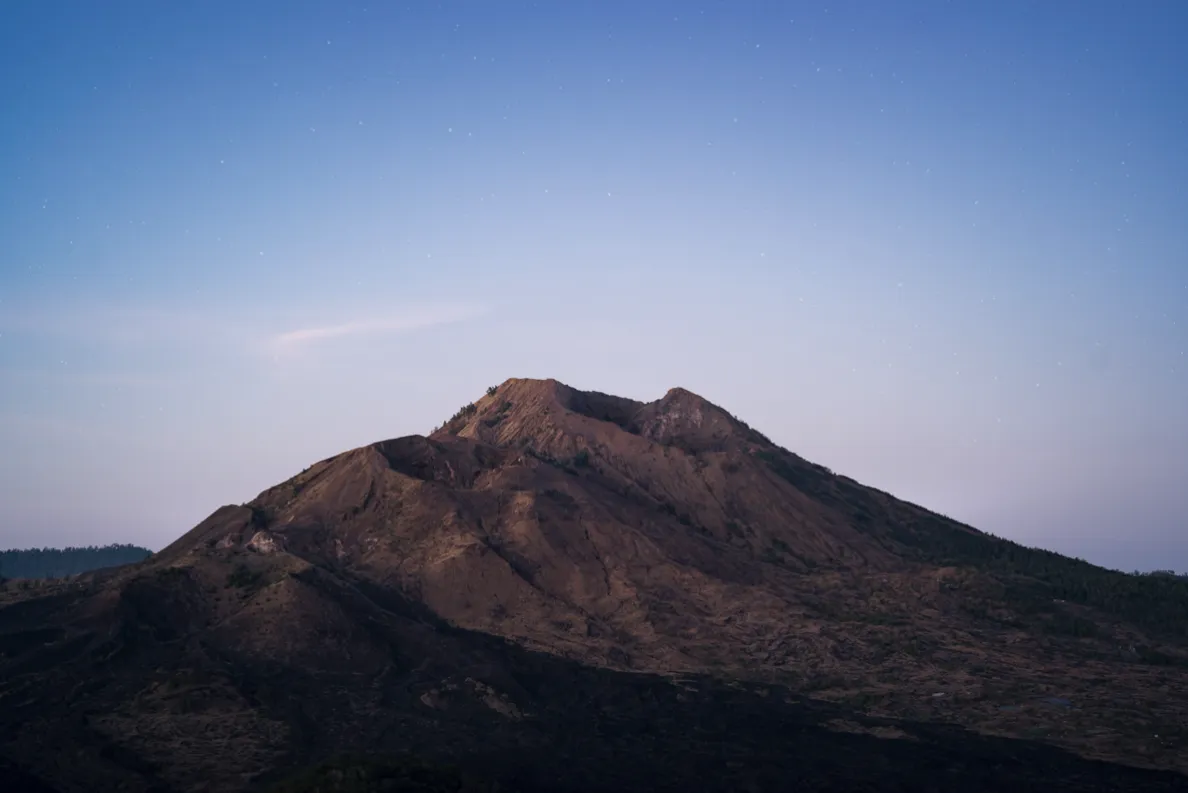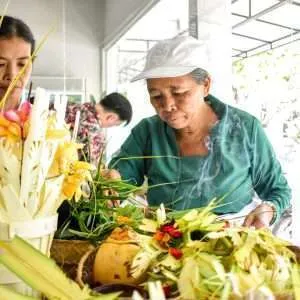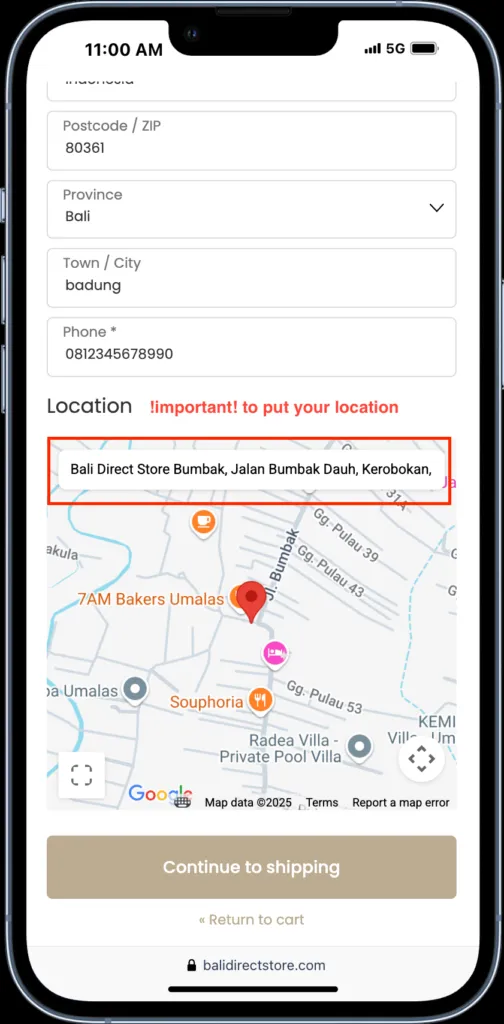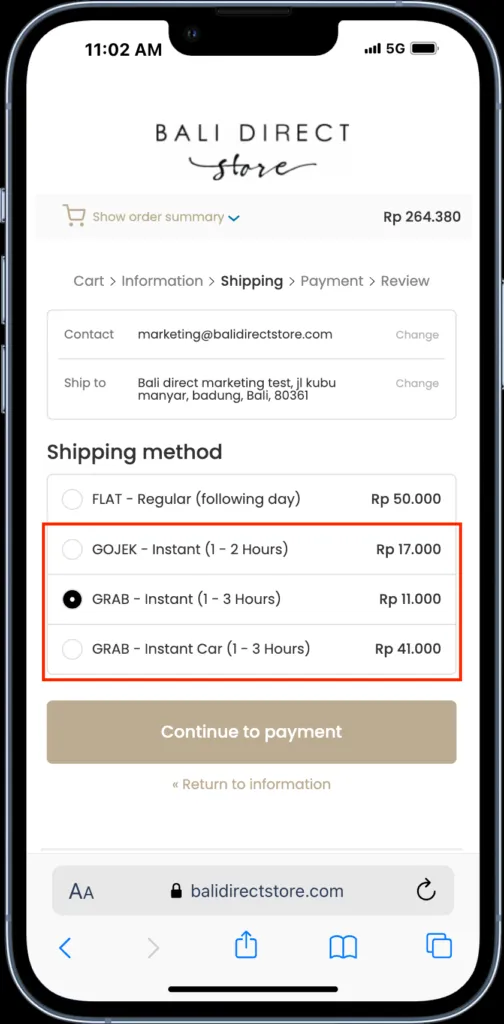Curious about Nyepi, the Balinese Day of Silence? We were too! Read on for a debrief of one of the most important holidays here on the Island of the Gods.
Nyepi is a Balinese Day of Silence celebrated every Isakawarsa according to the Balinese calendar. The holiday typically falls around mid-March, right around the time we’re turning the corner from the wet to dry season here in Bali. The day is celebrated with utter and complete removal of most daily elements we’ve come to depend on in the 21st century. No working, no electricity, no TV, no internet, no music, and no driving. For the most devout, the day is also marked by no speaking and no eating or drinking. Nyepi is a day for meditation and reflection on the year gone by, and there really is no better way to accomplish that than by completely disconnecting from the outside world.
Even tourists and expats living on Bali are expected to follow the rules and traditions of Nyepi. Though they are free to quietly do as they please inside their homes, nobody is allowed on the streets or beaches, and even the airport is closed for the entire day. The entire island really does shut down, with the sole exceptions granted to emergency vehicles and personnel responding to life-threatening emergencies or women giving birth.
Though most commonly known is the 24 hour holiday of Nyepi, there are also a number of important ceremonies in the days before and after. The Melasti ritual is typically held 3-4 days prior to Nyepi, depending on the specific banjar taking part. The ritual is performed on the beach, where a series of sacred objects belonging to temples are temporarily removed and brought to the sea for cleansing.
Next comes Bhuta Yajna, a festive ceremony meant to clear the island of evil spirits and create harmony between God, humans, and nature. Each banjar spends several weeks devising their own ogoh-ogoh, a larger than life demonic statue symbolizing evil spirits, and the night before Nyepi the ogoh-ogoh is paraded through the streets for all to see. At the end of the procession, the Ngrupuk ritual is held to burn the ogoh-ogoh and symbolize the eradication of the evil spirits.
After the silent day is observed for a full 24 hours from 6 am to 6 am, the Labuh Brata ritual is performed. Family and friends forgive each other for any wrongdoings committed in the past, and celebrations are held to enjoy the start of a new year.
The Nyepi celebrations are complete at this point, and everyone is free to enjoy the fresh air after a day of no pollution or noise.
We’re heading into the new year with a renewed commitment to healthy and ethical eating, and we hope you are too. This week only, enjoy discounts on Jiva Creations’ veganic locally produced juices, Bali Coconuts’ sustainable coconut products, and Bali Teak Farms’ fresh organic raspberries. Such a trifecta will get your year off to a flying start, we promise.


